17 Nights / 18 Days
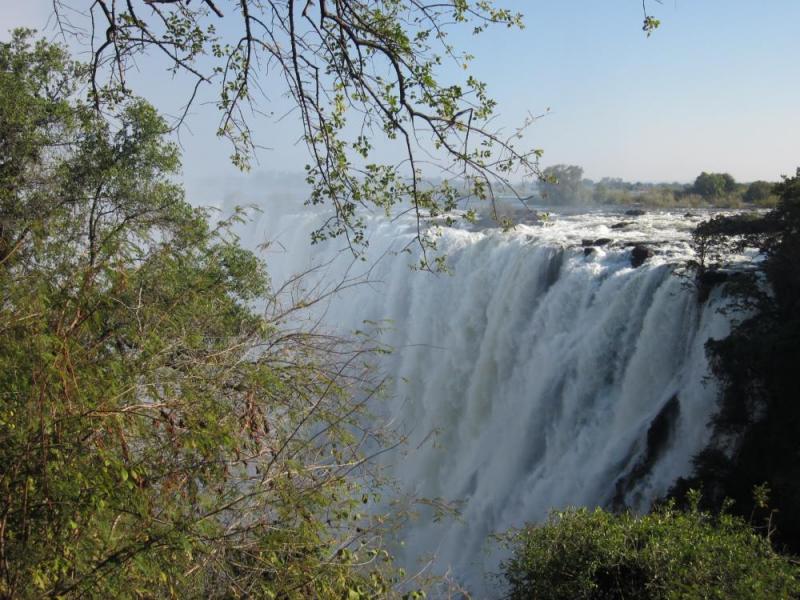
A mix of Cape Town’s city streets, Namibia’s vast desert landscapes, the rugged Okavango Delta and breath-taking views of the Victoria Falls. Experience the many sides of this captivating region, watch a traditional San Bushman dance, do a mokoro trail into the Okavango Delta, spot wildlife in Chobe National Park, soak up the incredible views of Victoria Falls.
Several nights under the African sky and transport in a Premium Overland Safari Vehicle (fitted with 12 Ultimate Safari Seats), which will ensure that you’ll get an unforgettable experience in Africa. With time to explore on your own and optional activities, you’ll soak up the beauty and diversity of Southern Africa.
Explore the cosmopolitan city of Cape Town during the day and meet your group and your Tour Leader in the evening at 18.00 to get acquainted and review your trip details. Cape Town offers an unbelievable variety of experiences, tastes and sightseeing. Try a variety of exotic tastes, like some of the delicious Cape Malay curries, the famous local dish Bobotie, or the freshest seafood at one of exquisite seafood restaurants at the V&A Waterfront. Make sure to arrive a day early to go to world famous Robben Island where former President Nelson Mandela spent 18 of his 27 years in prison, visit Cape Point or go with a cable car up Table Mountain to enjoy a panoramic view of Cape Town from the top.
After breakfast, we depart for the Cape of Good Hope at the tip of the Cape Peninsula. Rugged rocks and sheer cliffs tower more than 200m above sea level. The natural vegetation of the area, fynbos, comprises the smallest but richest of the world’s six flora kingdoms. After lunch, we visit the endangered Boulders African Penguin Colony in Simonstown.
Today we head north to the West Coast of South Africa. Strandfontein, a popular tourist attraction with a picturesque shoreline, offers tranquillity and have a pleasant and carefree nature. Watch as Sandpipers, Gulls and Oystercatchers scavenge for food. Please do not collect any mussel or other sea creatures – special licenses are required. On the way to Strandfontein, you will stop to do a short walk to the Heerenlogement Cave close to the small town Graafwater. This shelter has earned itself the name of “Holiday Inn of the 17th century” due to all the people who took refuge there on a temporary basis.
Our next stop is the Augrabies National Park. This place was named by the local Khoi residents “Aukoerebis” – meaning “Place of big noise” in Nama. The most spectacular feature of this National Park is the Augrabies Falls, after which the park was named. Here the Orange River, when in flood, thunders 56 meters down over rocks and then continue in a narrow gorge for another 18 kilometres before spreading out and continuing its journey to the coast. As this is a very arid environment, vegetation is hardy and includes succulents, aloes, acacias and the Namaqua fig. Augrabies is ideal for self-hikes, birdwatching and is also home to 46 mammal species. Animals and birds to look out for are Broadley’s flat lizard known as the Augrabies flat lizard, rock hyrax (dassie), klipspringer, Verreaux’s (Black) eagle and the Hartmann’s mountain zebra.
his unique park is an amalgamation of the Kalahari Gemsbok National Park in South Africa and the Gemsbok National Park in Botswana, bordering Namibia on the west. The park comprises an area of over 3.6 million hectares – one of very few conservation areas of this magnitude left in the world. Red sand dunes, sparse vegetation and the dry riverbeds show antelope and predators off to spectacular advantage and provide excellent photographic opportunities. Our accommodation is just outside the park.
A day for photo opportunities, we visit the park for the day for a full day’s game drive with our Premium Overland Safari Vehicle. This is a land of contrast and unique beauty, red sand dunes with a backdrop of deep blue sky. Here you find straight-horned oryx wandering in the waving yellow-gold dune bushman grass. Majestic camel thorn trees on open plains give home and shade to many of the Kalahari’s dwellers. The sparse vegetation and the dry riverbeds show antelope and predators off to spectacular advantage and provide excellent photographic opportunities. Keep cameras ready for the famous black-mane Kalahari lions.
We cross the South African / Namibian border and travel to Seeheim. Early in the 20th century, the sole purpose of this small town was that of a junction station between Keetmanshoop, Lüderitz and Karasburg. This rustic oasis in the desert built from stone is where you will be spending your first night under the Namibian starlit sky.
Sesriem is a small settlement located in the Namib Desert. The name Sesriem means “six belts’ and was named by the Dorsland Trekkers, a group of Afrikaans speaking settlers. It is said that they had to tie together 6 belts (made of oryx hide) to reach buckets down into the Sesriem Canyon to scoop up water. The Sesriem Canyon is a natural canyon carved in sedimentary rock.
An early departure will give you the opportunity to climb the majestic Dune 45 during the cooler time of the day. Dune 45 was named for its proximity to Sesriem gate before continuing to the entrance of Sossusvlei, a seemingly endless expanse of sand dunes. Sand that was carried to the west coast by the Orange River is blown back again inland by winds and formed the dunes of the Namib Desert. The Namib, a minimum of 55 million years old, is regarded as the oldest desert in the world. The sand here is coloured red due to the high levels of iron oxide. These dunes are known as star dunes, created by winds blowing from all directions and is also known as the highest sand dunes in the world. In the afternoon, you will visit the Sesriem Canyon, a miniature canyon by world standards but beautiful to walk around in and appreciate the distinctive sedimentary rocks and conglomerate that line the canyon walls.
Travel to Windhoek, Namibia’s capital. Spend the last few hours of the day exploring Windhoek and its strong German influence. You’ll have the option to celebrate your last night and your new friendships at one of Windhoek’s famous restaurants. Book a day or two extra in Windhoek to make the most of your stay. This tiny capital town has loads of interesting things to offer. One of the most famous is the display of 33 meteorites, the Gibeon Meteorites in the Post Street Mall. Here you can take pictures of and touch these extra-terrestrial bodies that are corrosive resistant due to the high amount of nickel in them. Shopping opportunities abound and for the historically inclined there are many museums and historical buildings within walking distance around the town centre. One of the most widely photographed and a historical landmark is the Christ Church, a Lutheran church, built in the Gothic revival style. Windhoek is the “getting on” and “getting off” hub for people who have booked shorter “legs” of your combo trip. You might lose some of your travel companions and new people might join. You might also have a change of vehicle and adventure crew (Tour Leader and Driver.) Although it might sound a bit daunting, please be assured that your vehicle will be the same standard and your adventure crew are very experienced in dealing with these changes to make it as smooth as possible. All adventure crew is committed to giving the best possible service but because all have their own style, own special recipes and own passion in regards to culture, fauna and flora, geology etc. having a change of crew will broaden your experience on the trip immensely.
Depart Windhoek early for a long drive through the eastern part of Namibia, crossing the border into Botswana and travelling into the heart of the Kalahari Desert. Ghanzi is the area where San (Bushmen) live who still have the knowledge of an ancient lifestyle and who are eager to welcome visitors into their almost forgotten world. In the evening enjoy an optional ancient dance ritual performed around a campfire by the San and if the night is clear, enjoy the sparkling, starry skies for which Ghanzi is famous.
Enjoy a morning walk with the San (Bushmen) as they display their survival skill’s that’s been passed on from generation to generation before departing Ghanzi and arriving in Maun, Botswana’s fifth largest town, after lunchtime. Once you arrive in Maun you will have the option to get a spectacular birds-eye view of the Okavango Delta from above in a small fixed wing aircraft (weather permitting). Looking down on the Delta from the aircraft, you will get a fair idea of the magnitude of this massive mix of land and water with its intricate system of channels and islands. You might also see families of elephant, giraffe, and herds of buffalo or even hippos from the air. If you skip the flight, you’ll have the chance to kick back and relax at the lodge.
Today you will experience a new way of travelling – to go into the Okavango Delta with a mokoro, the same way as the local people do. You will be transferred to the ‘’polling’’ station either with a motorized boat or a 4×4 vehicle depending on the water levels of the Delta. A mokoro is a traditional dug-out canoe that seats two people. The mokoro is steered by a ‘’poler” standing at the back, manoeuvring the mokoro downstream with a pole, very much like the gondoliers in Venice. Once you are comfortable and laid back in your mokoro, the slow and tranquil journey into The Delta begins. Gliding along on the quiet water you will have an unlimited source of opportunities to take exquisite photos of your surroundings. The duration of the mokoro trail depends on the time of year and water levels of the Delta. You will stop for lunch at an island and enjoy a nature walk of a few hours. Then you head back to Maun, again in your mokoro enjoying a last hour or two on the water while the late afternoon sun starts heading for the horizon.
Set out for Elephant Sands, which is close to the Botswanan village of Nata. Elephant Sands is famous for its watering hole, voted as one of the top ten watering holes in Africa. At this watering hole, you can expect to see animals such as wild dogs, different antelope species and of course elephants that walk through the campsite searching for fresh water. This will probably be the closest you will get to these wild animals on foot. With luck on your side, you may have the wonderful and unique experience of sitting in front of your tented room, watching elephants and other animals come and go to quench their thirst at the watering hole while you sip on a sundowner yourself.
Continue to the small town of Kasane, which is adjacent to the Chobe National Park & Chobe River. Relish the views during your included afternoon sunset boat cruise. Take your own sundowner with you as you look for wildlife on the banks of the Chobe River. Game such as elephant, buffalo, kudu, bushbuck, hippo, giraffe and sable are commonly seen along the river edge, and it’s a birdwatcher’s paradise during the summer months. (You have an opportunity to go on an optional photo safari at your own expense, however, you would forfeit the included afternoon sunset boat cruise).
You can’t ask for a better way to start your day in search of wild animals on your included game drive in Chobe National Park. Afterwards, cross into Zambia and enjoy a short drive to the magnificent Victoria Falls and its charming little town, Livingstone. This is your home base for the next two nights. The Victoria Falls is not the widest or highest falls but is regarded as the world’s biggest. It produces a breath-taking curtain of falling water as it drops into the gorge below. See why it’s considered among one of the Seven Natural Wonders of the World.
oday you will have time to do some of the action-filled activities that the area offers. Bungee jump or gorge swing off the Victoria Falls Bridge that links Zambia and Zimbabwe and have a different view of the Victoria Falls at the same time. This bridge is constructed to carry railway, road and foot traffic. For an adrenaline activity, closer to the Zambezi River, choose a half day or full day white water rafting adventure. Many of our groups opt to book their final evening together aboard a sunset cruise along the Zambezi River with game-viewing, beautiful scenery and an open bar.
Our last goodbye, a healthy breakfast and the end of another incredible tour.
Our team is very proud to have hosted travellers from every nation around the world on our exciting and memorable tours throughout Southern and Eastern Africa. Read More...
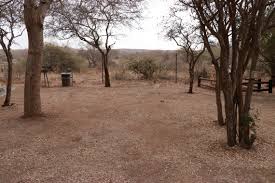 9D/8N
9D/8N
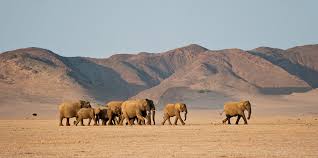 11D/10N
11D/10N
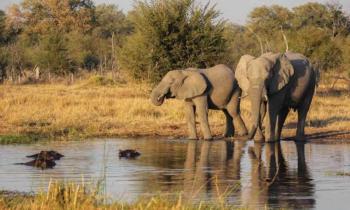 13D/12N
13D/12N
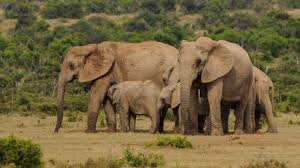 8D/7N
8D/7N
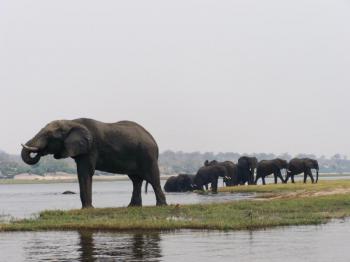 7D/6N
7D/6N
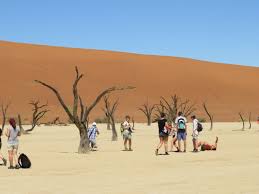 14D/13N
14D/13N
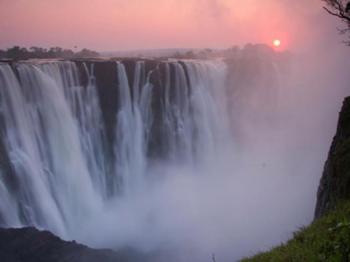 21D/20N
21D/20N
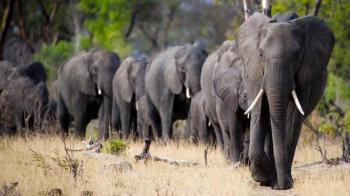 17D/16N
17D/16N
17 Days Botswana & Zimbabwe Wildlife Pac..
Johannesburg - Harare - Victoria Falls
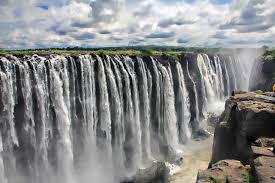 28D/27N
28D/27N
28 Days Botswana, Victoria Falls & East ..
Nairobi - Johannesburg - Victoria Falls
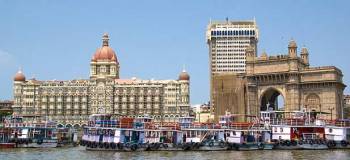 18D/17N
18D/17N
Best of North & West India with Nepal Tour
Mumbai - Kathmandu - New Delhi - Jaipur - Fatehpur Sikri - Agra - Jhansi - Varanasi..
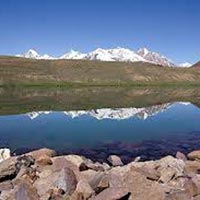 18D/17N
18D/17N
Kalpa - Nako - Sarahan - Lake - Tabo - K..
Kalpa - Tabo - Kaza - Dharamshala - New Delhi - Chandigarh - Mcleodganj
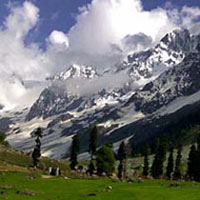 18D/17N
18D/17N
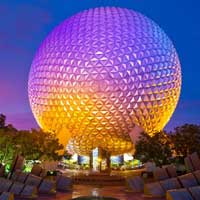 18D/17N
18D/17N
Ultimate USA with Bahamas Cruise Tour
San Francisco - Los Angeles - Las Vegas - Pennsylvania - New York - Orlando - Monte..
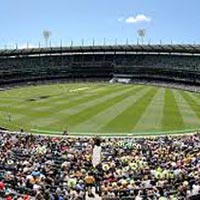 18D/17N
18D/17N
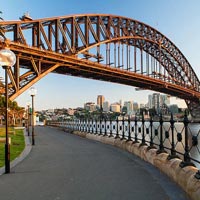 18D/17N
18D/17N
Amazing Australia with Newzealand Tour
Brisbane - Sydney - Rotorua - Christchurch
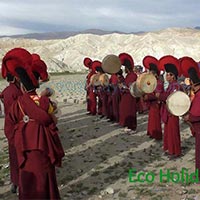 18D/17N
18D/17N
 18D/17N
18D/17N
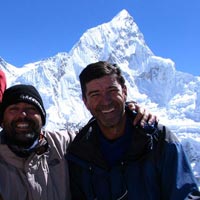 18D/17N
18D/17N
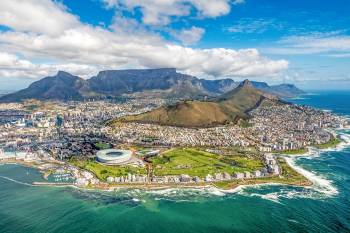 13D/12N
13D/12N
Spectacular South Africa With Kruger 13 ..
Limpopo - Cape Town - Johannesburg
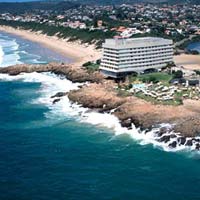 14D/13N
14D/13N
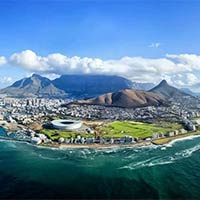 6D/5N
6D/5N
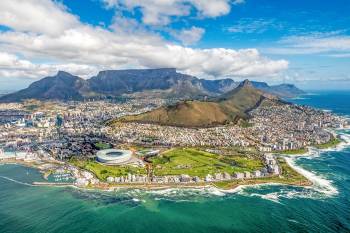 9D/8N
9D/8N
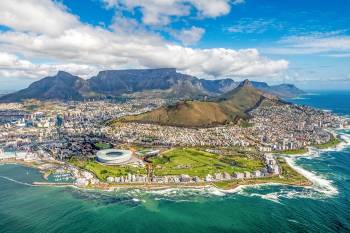 11D/10N
11D/10N
South Africa 10 Nights - 11 Days Package
Garden Route - Cape Town - Johannesburg - George
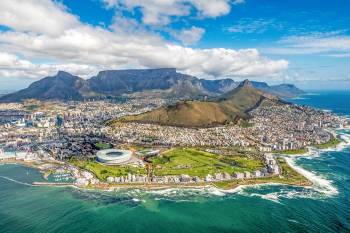 9D/8N
9D/8N
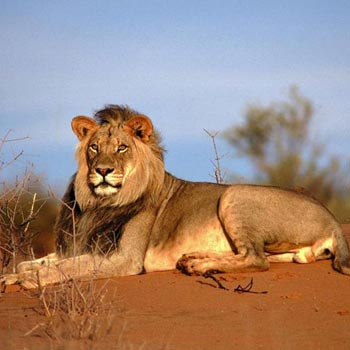 15D/14N
15D/14N
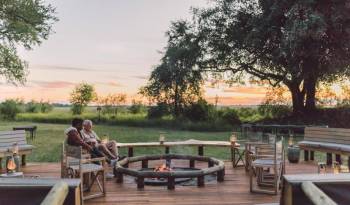 7D/6N
7D/6N
6 Nights Safari Package Green Season Dis..
Okavango Delta - Maun - Moremi Game Reserve
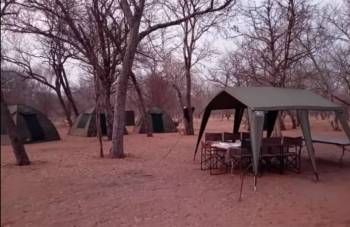 9D/8N
9D/8N
9-Day Botswanas Wilderness Odyssey From ..
Maun - Okavango Delta - Victoria Falls - Chobe - Chobe Savuti